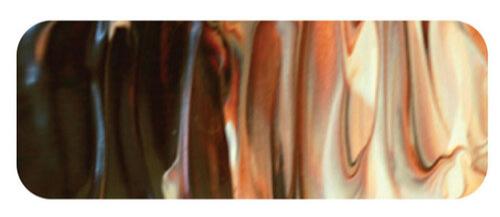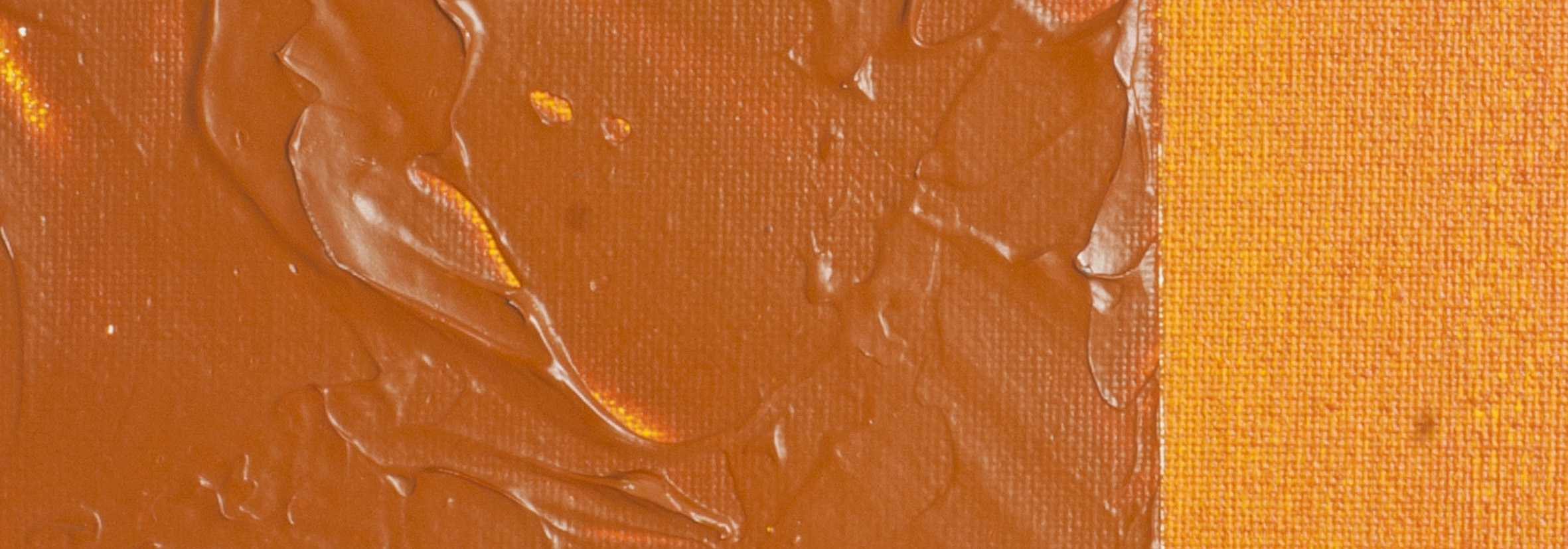Transparent Umber | Matisse Acrylic Paint
Chemical Description: Trans synthetic red oxide
Pigment Number: PR101
Lightfastness Rating: ASTM I
Pigment Opacity: Transparent
Paint Opacity: Transparent
Series 3

Transparent Umber | Matisse Acrylic Paint
Earth Colours: An Age-Old Perception
Commonly, earth colours are perceived as ancient, enduring through the ages with minimal change. However, the reality is more intricate than this assumption. Raw Sienna and Raw Umber in a contemporary paint tube closely resemble their counterparts from 18,000 years ago in the caves of France. While Red Oxide and Yellow Oxide have seen improvements in purity over the 20th century, Transparent Umber stands out as a genuinely modern invention.
Innovation in Response to Demand
Transparent Umber is a creation of the modern chemical industry, a response to the evolving needs of various industries, including automobile manufacturing. Automobiles, exposed to direct sunlight for extended periods, require pigments with exceptional light resistance. Enter Transparent Umber, expanding the colour range of transparent iron oxides into the realm of dark brown, meeting the demands of both colour aesthetics and light stability.
Synthetic Brilliance: A Departure from Tradition
Diverging from the traditional opaque nature of natural iron oxides, synthetic transparent iron oxides achieve their transparency through small pigment particle sizes. While natural iron oxides can be semi-transparent due to their matrix, the synthetic counterparts, being pure, exhibit transparency solely based on particle size. This unique characteristic, stemming from modern chemistry, grants Transparent Umber exceptional beauty.
Utility and Replacement
Artists, while appreciating vibrant colours, prioritize utility in their paint box. Transparent Umber proves incredibly useful, to the extent that it can replace Burnt Umber in many applications. Resonating with the transparency of the original Van Dyke Brown used by artists like Rubens, Transparent Umber serves as a modern alternative with enhanced permanence, a quality lacking in the historical version.
Applications and Technique Rediscovered
Transparent Umber finds a crucial role in establishing the basic tonal structure of a painting, especially over an imprimatura of Raw Umber. This application aligns with the technique favored by old masters, where thin and transparent darks set the foundation, gradually transitioning to more opaque mid-tones and lights. Although oil painters moved away from such techniques due to drying times, modern acrylic painters can revisit these approaches, benefiting from the quick drying of acrylics and achieving depth and richness through layering.
Versatility in Mixing and Undertones
Transparent Umber, akin to Burnt Umber, excels as a darkener of other colours. However, its exceptional transparency introduces a beautiful undertone when blended with other transparent colours, adding an extra dimension to the artist's palette. In the realm of contemporary art, Transparent Umber stands as a testament to the fusion of tradition and innovation, offering artists new possibilities while paying homage to the roots of colour exploration.
Safety Data Sheet for Matisse Transparent Umber (SDS)
To view or download a copy of Transparent Umber SDS, please CLICK HERE * (271kb)
*The above link will open an external Dropbox window
Transparent Umber is available in Matisse Structure, Matisse Flow

To install this Web App in your iPhone/iPad press ![]() and then Add to Home Screen.
and then Add to Home Screen.

